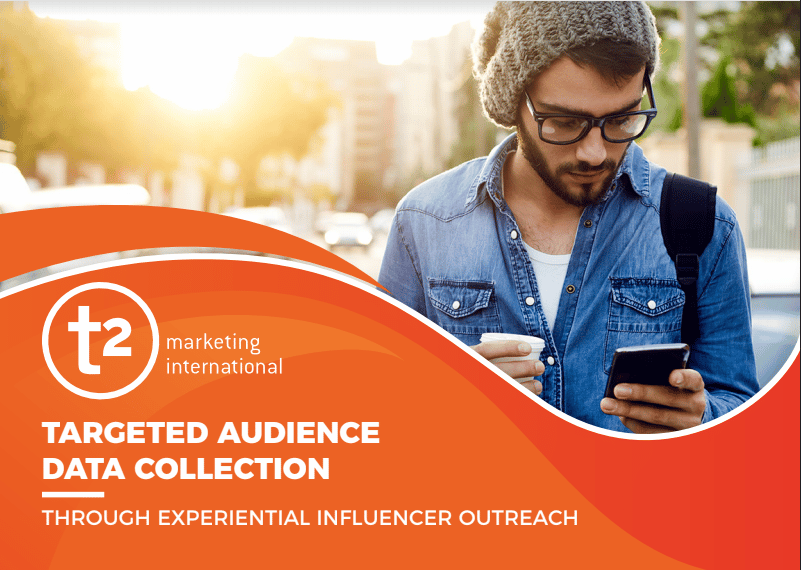The Biggest Social Media Mistake Companies Are Making
There is one major social media mistake companies are making and it can cost them big time.
 You have no doubt seen it. Posts listed on sites like LinkedIn, Craigslist or other job searching hubs. Wanted: Social Media Manager (Internship). Then, there in the details are some vague “goals” and desired requirements, like a Bachelor’s in Communications and little or no experience.
You have no doubt seen it. Posts listed on sites like LinkedIn, Craigslist or other job searching hubs. Wanted: Social Media Manager (Internship). Then, there in the details are some vague “goals” and desired requirements, like a Bachelor’s in Communications and little or no experience.
What is the biggest social media mistake companies are making? It is not misspelled words or sharing unprofessional content (which are both still bad, by the way). It is leaving their social media marketing efforts in the hands of unpaid interns.
Like it or not, social media is a very serious part of a marketing strategy. No – it does not replace your other marketing initiatives; those are still very important. It does, however, compliment them considerably and add an entirely different and important feature to your marketing efforts.
A recent graduate’s ability to share content to Facebook or tweet statistics about their favorite athlete does not qualify them to run all of your social branding initiatives. A major airline would not ask a video game enthusiast to pilot a passenger aircraft across the Atlantic – for free. Sure, lives may not be at stake when it comes to social media marketing, but your brand’s reputation and perception are. Now, marketing departments are not entirely to blame – a lot of executives simply do not understand the power of social media.
Why They Make the Mistake
For some companies, they have limited budgets. For others, they simply do not understand how powerful this platform can be and are therefore willing to entrust it to the most junior of staff.
Take Taco Bell’s recent social media hiccup, for example. A picture leaked of an employee doing something somewhat distasteful to a stack of taco shells. Bad for business and what’s worse, it went viral. As if the picture were not bad enough, many of the comments went beyond the one incident to criticize the establishment and its practices in their entirety.
‘PR crisis’ does not even begin to describe what this was for Taco Bell. Considering the fastest means of communication is to talk to everyone where they are in real time, it would make sense that for any brand, social media would be the right avenue to use when dealing with this kind of issue. How would things have turned out for Taco Bell if an intern with no marketing experience, no financial dependency on the company (unpaid intern, remember) and no understanding of brand and crisis management had been in charge of their social media channels?
Social media is not a fleeting phenomenon with no staying power. The proof is in the (ever-growing) numbers. Companies need to take their social presence seriously – that is where their customers are. Take the situation offline: you wouldn’t rely on a home printer to produce thousands of product catalogues.
Treat your social media efforts the same way you would any other aspect of your marketing initiatives. It is much more important than a lot of people give it credit for.
What are your thoughts on having an unpaid intern in charge of your social media initiatives? Tell us in the comments below or on Twitter!




